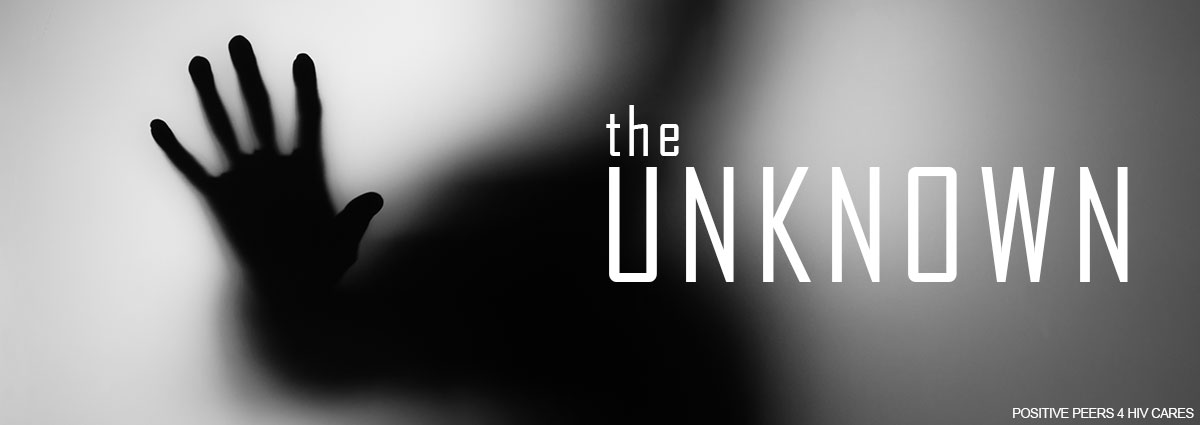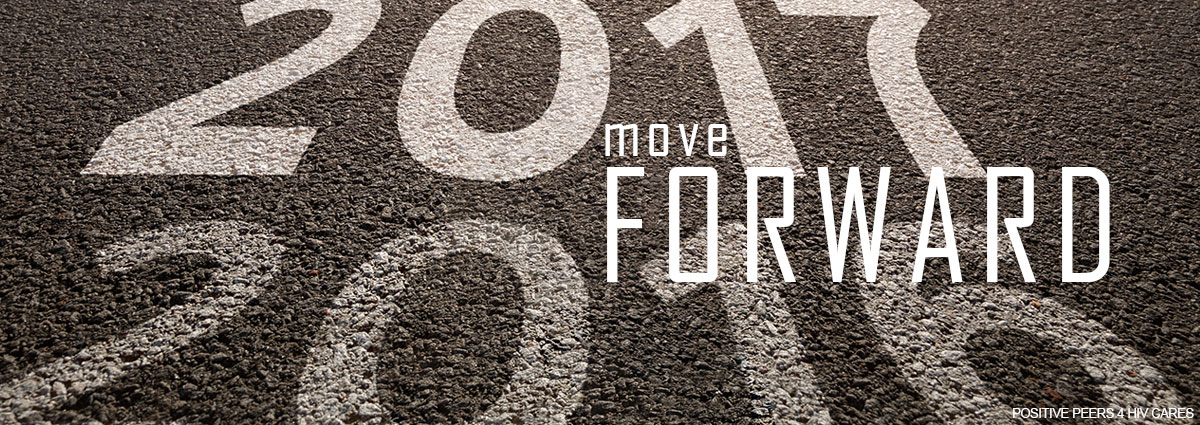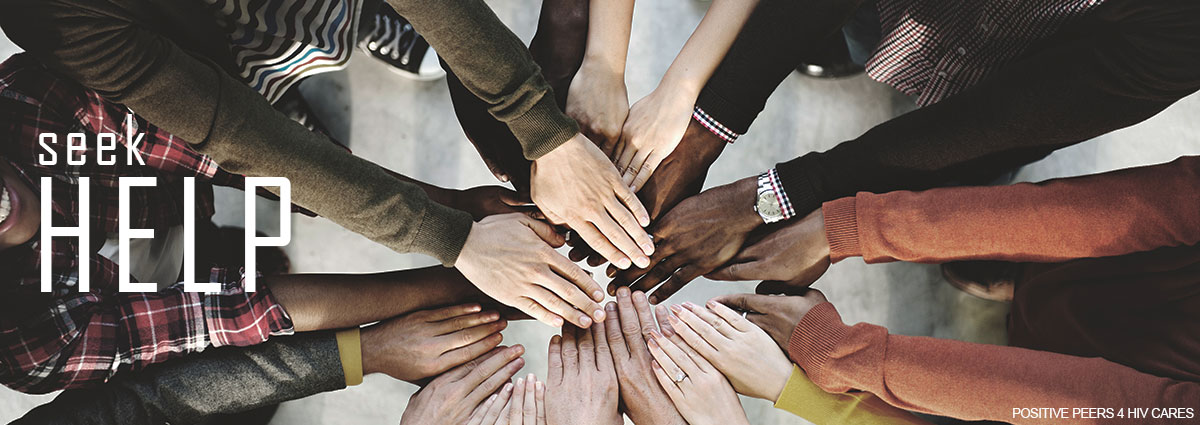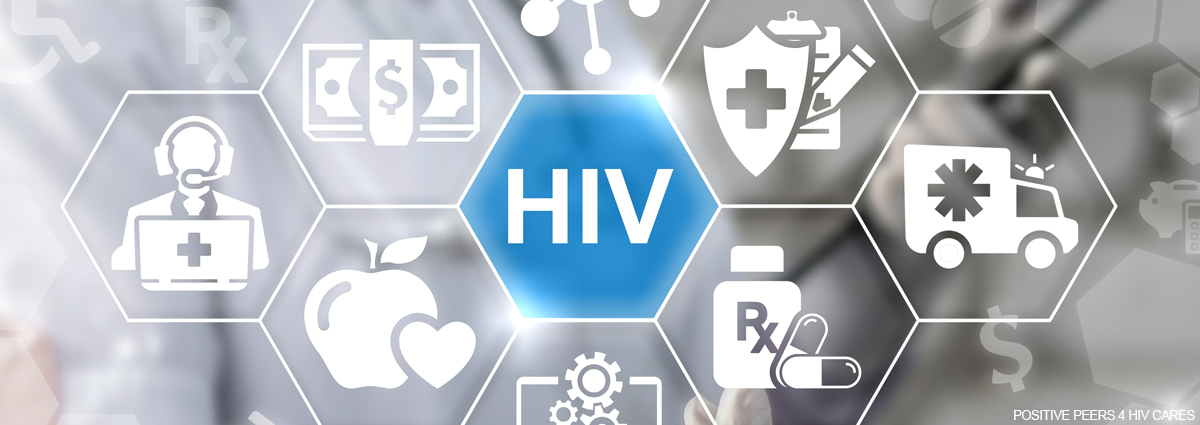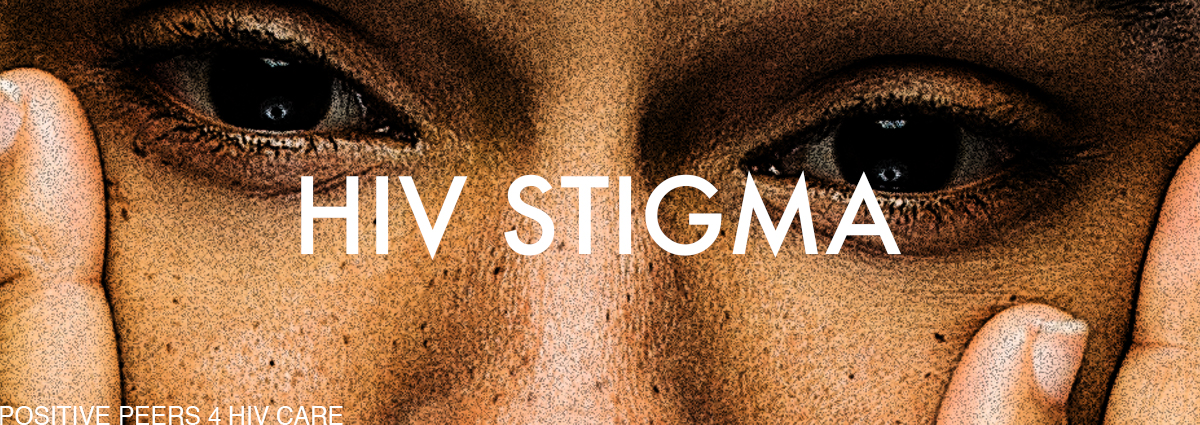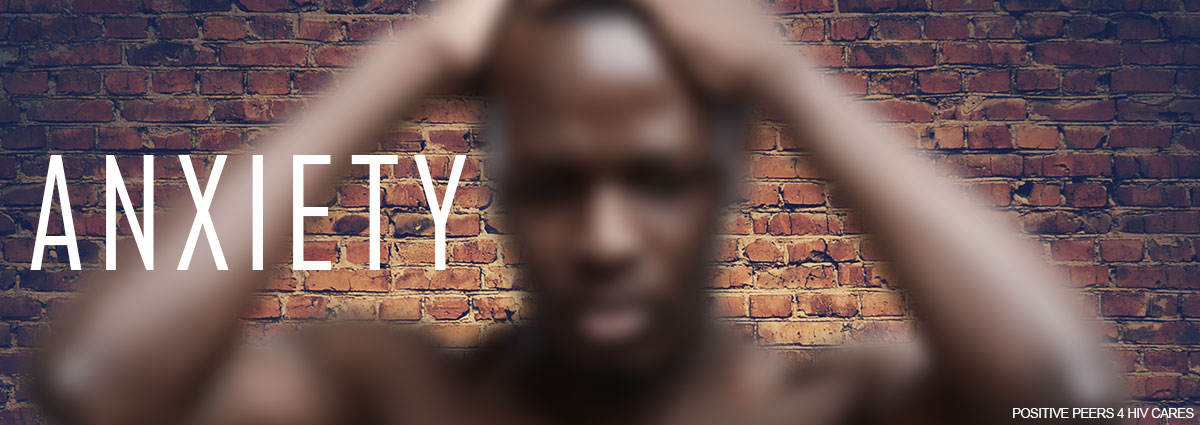
By: Jennifer McMillen Smith, LISW-S, HIV Social Worker at MetroHealth Medical Center and medically reviewed by Ann K. Avery, MD, Infectious Disease Physician at MetroHealth Medical Center
Dealing with HIV and anxiety starts with understanding what makes you anxious. It might be:
- Fear of the unknown
- Lack of control
- Shame about getting infected
These are natural and common reactions — you got diagnosed with a disease that can be scary. The latest HIV medications have taken away most of the need for fear, but most people don’t know that.
So yeah, HIV freaks people out. Even people who are HIV negative can have HIV anxiety. All they have to do is get involved in risky behavior and start worrying that they’ve been exposed. After that, fear gets into their heads and start rattling things around — and they’re worrying themselves sick.
If anxiety can happen to people who are HIV negative, it’s a sure bet that it can happen to those who are positive.
Walking through those three causes of HIV anxiety is one way to start dealing with it:
1. Fear of the unknown
HIV is a big-time buzz kill. You’re young, strong, and getting on with life and then boom: HIV is a punch in the gut. Sometimes, we take our health for granted and when there’s a problem, it leaves us feeling shocked and scared.
The key word here is “unknown.” HIV isn’t curable yet, but we know a lot about what it takes to fight it. Powerful medications can keep you healthy and untransmittable. By talking to your doctor, you can find out all you need to know quickly.
Learning as much as you can as soon as you can is the first step in dealing with HIV anxiety. When you first find out you’re HIV positive, the unknowns can seem big and scary. But knowledge is power.
You can’t predict how people will react when they learn you’re HIV positive. It doesn’t always go well. But it’s not your fault if other people can’t deal with it. That’s on them.
Come join our private, stigma-free, supportive community.
Health management tools with medication & appointment reminders.
Social networking in a community conversation & private chats.
2. Lack of control
Feeling you can’t control your life is another common anxiety.
But you’ll soon learn that you are in control, not HIV. You have to take your meds, kick HIV’s butt, and go on with your life empowered and in charge.
Taking meds every day sounds like a lot of work at first, but it’s an important step to taking charge of your own body and keeping healthy. The very act of poppin’ them pills is empowering and reminds you who’s boss of your body. Ps. honey, that’s you!
It’s like the difference between being a passenger and being in the driver’s seat.
Staying on your meds means steering the car of your life.
3. Shame about getting infected
Here’s where you’re your own worst enemy. We all fall victim to those pesky “if only” scenarios and regrets nag at us day and night.
Well, you can’t change the past, but you can learn from it. Your energy is best spent figuring out how to live in the present and set yourself up to flourish in the future.
The way to get over shame is to take ownership of what happened to you and make up your mind to forgive yourself and move forward. If you ask other people living with HIV how they’ve dealt with it, they’ll have plenty of good advice and stories to share. You’re not in this alone. Everything that’s happening to you has happened to somebody else — let them be your co-pilot and help you steer in a good direction.
What to do about HIV anxiety
If you can’t stop worrying about HIV — you’re up all night and bleary-eyed all day — you need to get help right away. Talk to your HIV caseworker, doctor, professional counselor, or a trusted mentor/friend.
Your doctor may be able to give you anti-anxiety medications, but you also may be able to solve the anxiety on your own. Talking to a support group, learning to meditate, working out, and many more activities can help get your anxiety under control.
It’s human nature to be anxious when you have a disease that is misunderstood. We’d like the HIV stigma to go away, and we’re working on it, but it’s still out there for now.
Whatever you do, know you don’t have to go solo. Just getting together with people who can hear your story is one of the best ways to eliminate your worries.
Related Blogs:
